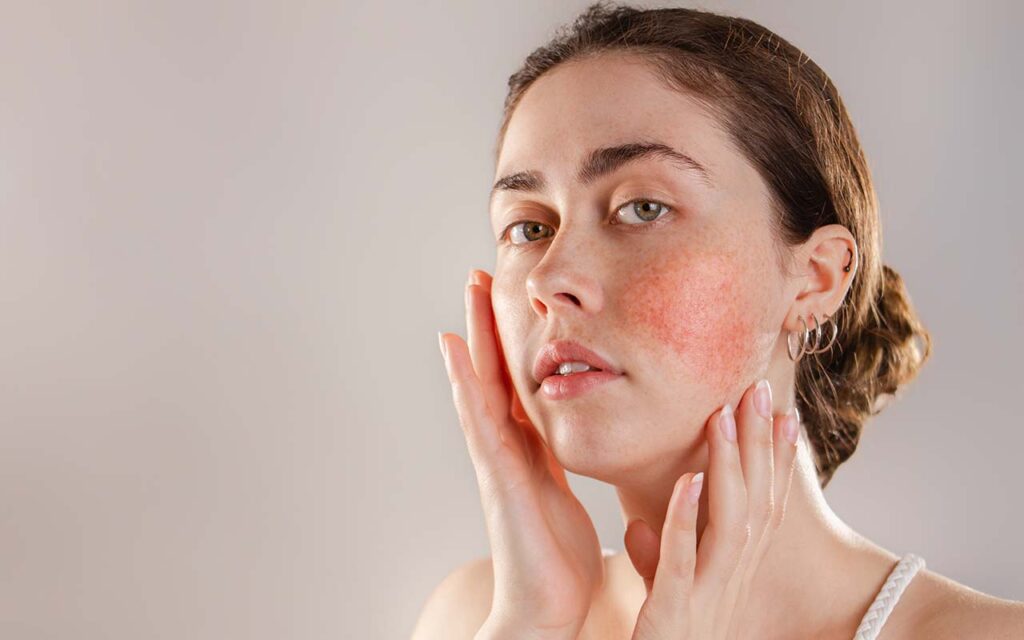The benefits of vitamin C for boosting the immune system have been well known for decades now. But did you know it can also work wonders on your skin?
You’ve probably already noticed the number of anti-ageing creams around that boast a high content of vitamin C. That’s because it has antioxidant properties that can help combat the effects of ageing on the skin. And that’s regardless of whether the vitamin is applied topically – in a cream or serum – or ingested.
Vitamin C and wrinkles
For instance, when used regularly on the skin, some studies show vitamin C can reduce wrinkles within three months. Meanwhile, a study of 4,025 women aged 40-74 and published in the American Journal of Clinical Nutrition also linked a high vitamin C intake to a lower likelihood of wrinkles and dry skin.
Vitamin C and collagen
Collagen is a protein in our skin which helps keep its elasticity so that it ‘bounces’ back into position when we make facial expressions, for instance (otherwise it would result in the skin sagging). Unfortunately, as we age our body’s collagen production starts to slow down. However, Vitamin C, when applied to the skin, can boost collagen production. Not only that but it also serves to protect the amount of collagen we already have.
Vitamin C and sun damage
Another skin issue that Vitamin C is said to help with is sun damage as it can help combat the harm of UV light when applied to the skin after it’s been burned. A vitamin C cream certainly can’t be used as a sunscreen though because it doesn’t absorb UVA or UVB.
Vitamin C and scarring
Due to its collagen-producing abilities, Vitamin C can be very effective against scarring, especially when applied in gel form to the area concerned. It’s also why it’s said to help with acne scars and eczema.

How to get your vitamin C
As previously mentioned, vitamin C can be eaten – via fruits and vegetables – or used as a lotion (creams and serums).
The best foods to ingest which contain the vitamin tend to be citrus fruits, green and red peppers, tomatoes, broccoli, strawberries and potatoes (both white and sweet). Dark leafy green vegetables are good, so too are watermelon, mango, blueberries, raspberries, and pineapples.
In the same way that different foods contain different levels of vitamin C, not all topical vitamin C creams or serums are equal. They vary in the amount of vitamin C they contain of course but, more importantly, also in the type of vitamin C. Skin experts agree that L-ascorbic acid is the best form of the vitamin to use on your skin. Other types, such as ascorbyl phosphate or ascorbyl palmitate will work, but not to the same high standard.
Get in touch
Clinical Director of Vale Laser Clinic Emma Griffiths enthusiast of using and applying evidence-based medical grade skin care treatments, such as those using vitamin C. To find out more about what Emma and her team can offer, see Vale Laser Clinic today.




